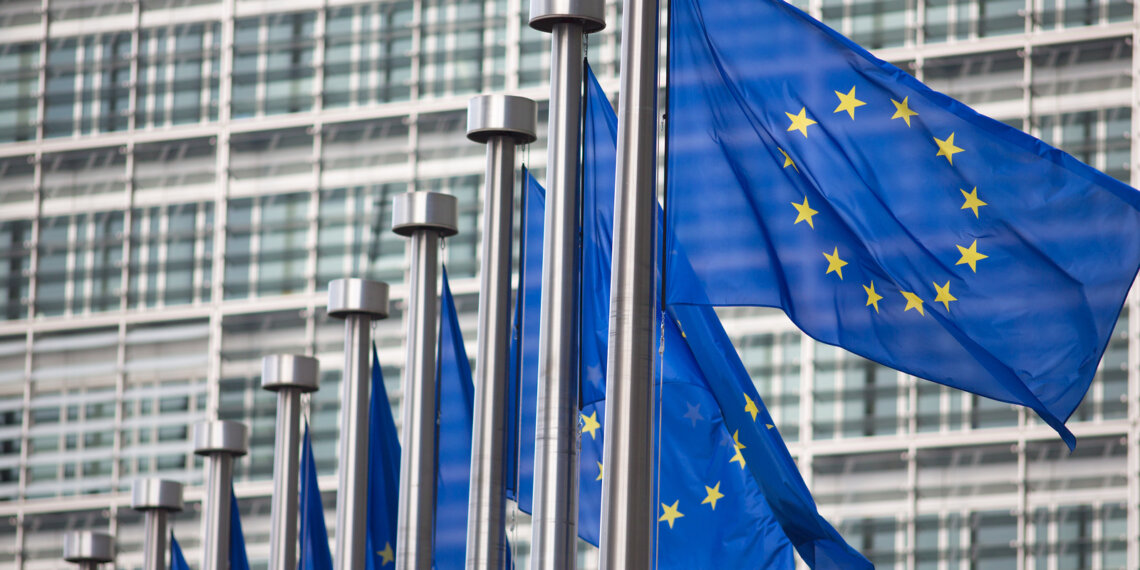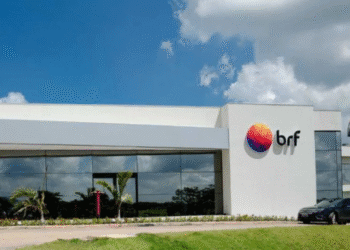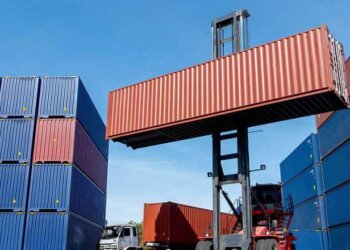European businesses maintain their stance of calmness and diplomatic efforts while U.S. President Donald Trump announces his plan to impose 30% tariffs on EU imports starting August 1. The executives remain optimistic about the risk diminishing because Trump has shown a pattern of delaying tariff implementation deadlines.
Automakers together with pharmaceutical giants face the highest level of exposure in this situation. Volvo announced that its ES90 model cannot generate profits in the U.S. market so the company will take a $1.2 billion impairment charge. The stock price of Volvo dropped by almost 5% while BMW and Mercedes-Benz experienced a 1–2% decline in their market value.
The market volatility has led companies to develop better strategies according to Dan Hearsch of AlixPartners. The situation remains under control but the negative effects become increasingly apparent.
The United States received $975.9 billion worth of EU goods exports during the previous year which demonstrates the critical nature of this trade relationship. The DIHK business lobby in Germany issued a warning that the conflict represents a major threat to the economy while urging leaders to cancel their vacations to achieve a resolution.
European officials have labeled the proposed duties as “prohibitive” to trade activities. Pharmaceutical companies continue to watch the situation because they have already faced threats of 200% tariffs in the past.
Multiple companies remain cautious about making significant supply chain adjustments because they predict another possible delay of the August deadline. The demand for clear answers about the situation continues to intensify throughout the entire European region.










